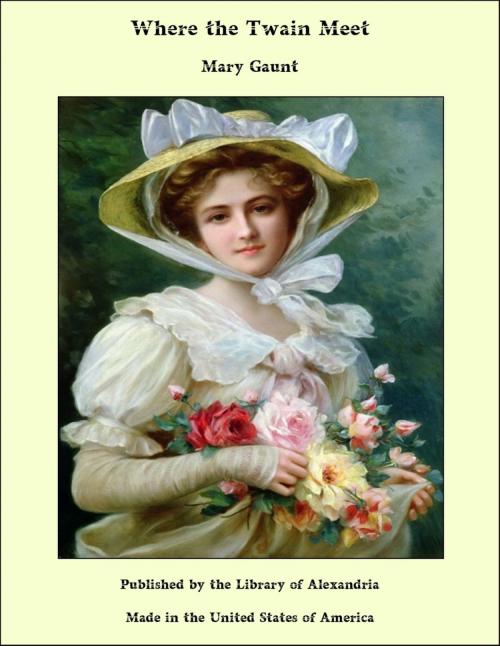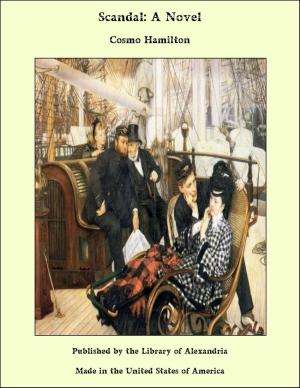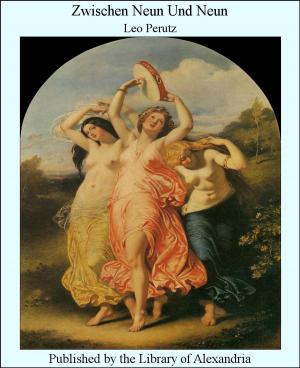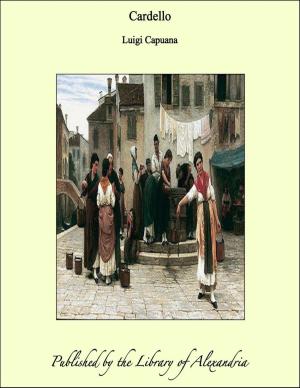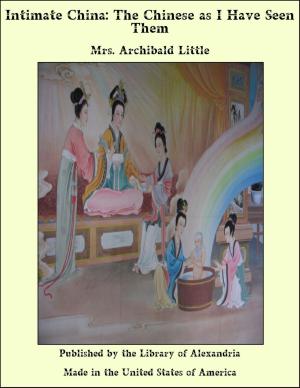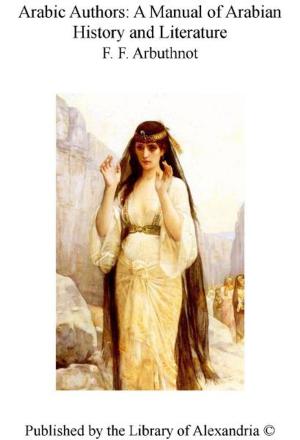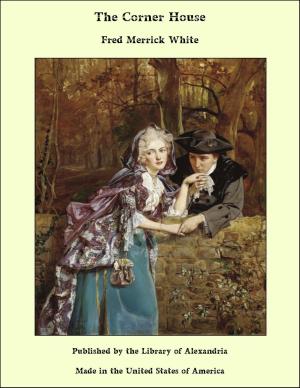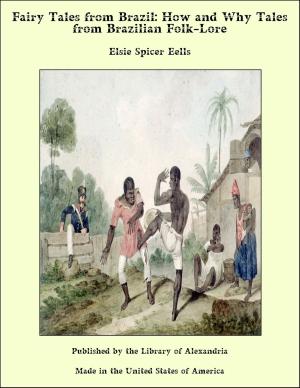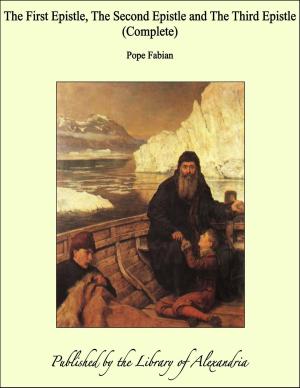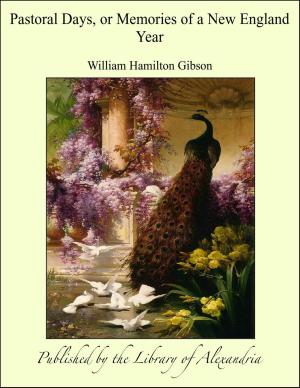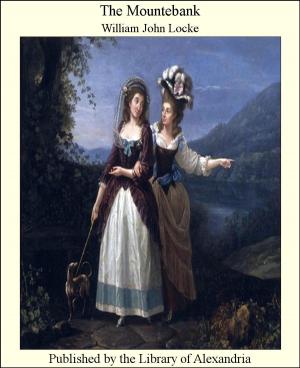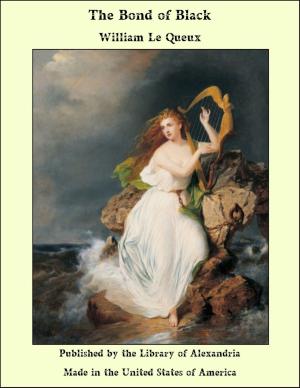| Author: | Mary Gaunt | ISBN: | 9781465614957 |
| Publisher: | Library of Alexandria | Publication: | March 8, 2015 |
| Imprint: | Language: | English |
| Author: | Mary Gaunt |
| ISBN: | 9781465614957 |
| Publisher: | Library of Alexandria |
| Publication: | March 8, 2015 |
| Imprint: | |
| Language: | English |
Spain first set foot in the Western World, and if the discovery brought great wealth it brought also much individual suffering and bitter hardship. In Jamaica, she found no people living in barbaric splendour, no stores of gold and silver and precious stones, only a lovely land, fruitful and fertile, valuable only to her because she did not dare let another nation settle so close to the rich possessions of which she was mistress. But the other nations of Europe were naturally anxious to share in the rich spoil of the West, and if Britain took Jamaica and held her, it was only I think because she could not take Cuba and Hispaniola. The Spaniards fought for every inch of the island before they lost it, and now for remembrance of them there remains but a few place names and legends of the treasure they left stored there. If colonisation was difficult for the Spaniards it was still more difficult for the British, coming from the cold North. No one was eager to brave the dangers of the tropics, and like the king in the parable, desiring to fill his tables for the feast, Government sought in the highways and byways for a population, and they imported white bondsmen and women, virtually a slave population, the first shadow that was to impede the progress of the land. Labour was branded. The men worked—and died—in the fields, and the women became the mistresses of the young planters, so that marriage went out of fashion, and the free women were neglected and forlorn. And when they ceased to send the white bondsmen, they sought a substitute in the black man from Africa. The man who comes out to a new land is apt always to see the land he leaves behind through a softening veil that enhances its desirability. He sees only its good points. And naturally this emphasises the drawbacks of the new land. He speaks disparagingly of it, he writes home disparagingly, dwelling on his many hardships. Jamaica was no exception to the almost universal rule. Most men went there to make their fortunes, with every intention of returning to spend them. Only Hans Sloane, a wise and far-seeing man, saw the glory of the land, and left behind him a record of its wealth and its beauty and fertility. Lady Nugent, writing more than one hundred years later, was much more swayed by public opinion, and saw what she was told she would see, a deadly climate where men died like flies, though even she does arrive at the poignant fact that the women who lived with less licence, bore this climate far better than their mates.
Spain first set foot in the Western World, and if the discovery brought great wealth it brought also much individual suffering and bitter hardship. In Jamaica, she found no people living in barbaric splendour, no stores of gold and silver and precious stones, only a lovely land, fruitful and fertile, valuable only to her because she did not dare let another nation settle so close to the rich possessions of which she was mistress. But the other nations of Europe were naturally anxious to share in the rich spoil of the West, and if Britain took Jamaica and held her, it was only I think because she could not take Cuba and Hispaniola. The Spaniards fought for every inch of the island before they lost it, and now for remembrance of them there remains but a few place names and legends of the treasure they left stored there. If colonisation was difficult for the Spaniards it was still more difficult for the British, coming from the cold North. No one was eager to brave the dangers of the tropics, and like the king in the parable, desiring to fill his tables for the feast, Government sought in the highways and byways for a population, and they imported white bondsmen and women, virtually a slave population, the first shadow that was to impede the progress of the land. Labour was branded. The men worked—and died—in the fields, and the women became the mistresses of the young planters, so that marriage went out of fashion, and the free women were neglected and forlorn. And when they ceased to send the white bondsmen, they sought a substitute in the black man from Africa. The man who comes out to a new land is apt always to see the land he leaves behind through a softening veil that enhances its desirability. He sees only its good points. And naturally this emphasises the drawbacks of the new land. He speaks disparagingly of it, he writes home disparagingly, dwelling on his many hardships. Jamaica was no exception to the almost universal rule. Most men went there to make their fortunes, with every intention of returning to spend them. Only Hans Sloane, a wise and far-seeing man, saw the glory of the land, and left behind him a record of its wealth and its beauty and fertility. Lady Nugent, writing more than one hundred years later, was much more swayed by public opinion, and saw what she was told she would see, a deadly climate where men died like flies, though even she does arrive at the poignant fact that the women who lived with less licence, bore this climate far better than their mates.
